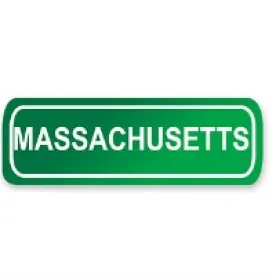The most effective local clean energy projects result from thorough, targeted, and well-supported research that puts the needs of the surrounding community at the forefront. To support such research efforts in Massachusetts, the Baker-Polito Administration awarded $661,000 in Municipal Energy Technical Assistance (META) grants to 56 cities and towns across the Commonwealth earlier this month to research, develop, and implement clean energy projects.
The META grants, a function of the Massachusetts Department of Energy Resources’ (DOER) Green Communities Division, were allocated to designated “Green Communities” ( municipalities, regional school districts, and water/wastewater districts) to support more informed clean energy decision-making through localized studies and data analysis. This support will include the services of expert consultants and contractors to assist with a diverse array of local energy projects. META grants are funded through proceeds from Alternative Compliance Payments under the Massachusetts Renewable Portfolio Standard.
The Green Communities Division of DOER strives to help all 351 Massachusetts cities, towns, and regional planning authorities find clean energy solutions that reduce long-term energy costs and strengthen local economies. The division provides technical assistance and financial support for municipal initiatives to improve energy efficiency and increase the use of renewable energy in public buildings, facilities and schools. In order to become a designated Green Community, and in turn become eligible for grants that finance local energy efficiency and renewable energy projects, a municipality must meet five key criteria: 1) provide as-of-right siting in designated locations for renewable/alternative energy generation, research & development, or manufacturing facilities; 2) adopt an expedited application and permit process for as-of-right energy facilities; 3) establish an energy use baseline and develop a plan to reduce energy use by twenty percent within five years; 4) purchase only fuel-efficient vehicles; and 5) set requirements to minimize life-cycle energy costs for new construction; one way to meet these requirements is to adopt the new Board of Building Regulations and Standards (BBRS) Stretch Code.
The projects and studies funded this year will include solar photovoltaic site evaluation, heating system replacements, ASHRAE Level II audits, technical analysis of energy use at drinking water and wastewater facilities and technical assistance with Green Community reporting and application. These studies promise to incentivize wide-scale energy efficiency and catalyze critical partnerships between Massachusetts communities and clean energy providers that can help these communities meet both short- and long-term energy goals.




 />i
/>i

